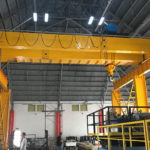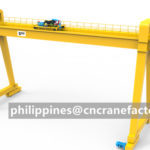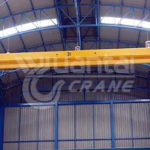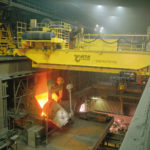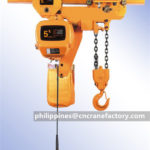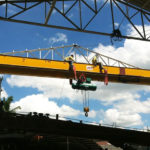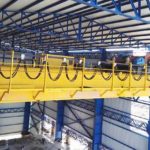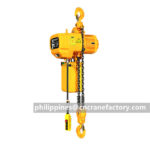Overview of Chain Hoists
A Chain Hoist is a versatile and cost-effective lifting equipment ideal for various industrial applications, including steel plants. It utilizes a hand-operated chain to raise and lower heavy loads through a sprocket system. Chain hoists are known for their:
• Durability: Built with high-strength steel components, they can withstand demanding environments.
• Portability: Their compact design allows for easy movement around the workspace.
• Versatility: They can be used for lifting, lowering, and precise positioning of loads.
• Ease of Use: Their simple operation makes them suitable for a wide range of workers.
Steel Plants in the Philippines and Their Crane Needs
The Philippines boasts a thriving steel industry, playing a crucial role in infrastructure development and construction. Steel plants require robust and reliable lifting equipment to handle various tasks, such as:
• Moving heavy steel coils and plates
• Lifting machinery for maintenance or repair
• Positioning beams and trusses during construction
• Loading and unloading steel products for transport
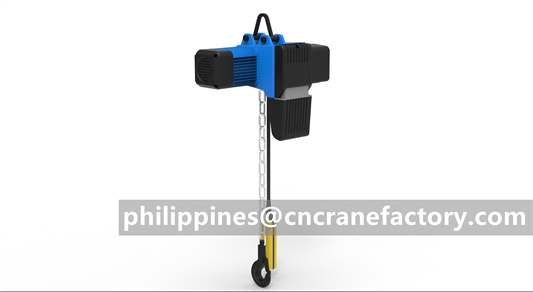
Chain Hoist Solutions – The Perfect Fit for Your Steel Plant
5-ton chain hoists are a popular choice for Philippine steel plants due to their ability to handle the weight of most standard steel products. Here’s a closer look at the features, benefits, and pricing to consider:
• Capacity: 5 tons (10,000 lbs) – sufficient for lifting most steel beams, coils, and plates.
• Lift Height: Options typically range from 10 feet to 20 feet, allowing for adjustments based on your workspace.
• Prices: Prices for 5-ton chain hoists in the Philippines can vary depending on brand, features, and lifting height.
Popular 5-Ton Chain Hoist Features in the Philippines:
• Durable Steel Construction: Ensures longevity in tough steel plant environments.
• Load Limiting Device: Prevents overloading for safety and hoist protection.
• Automatic Brakes: Guarantee secure load positioning and control.
• Forged Hooks: Provide strong and reliable load attachment points.
• Corrosion-Resistant Finish: Protects the hoist from rust and wear.
Advantages of Using Chain Hoists in Steel Plants
• Cost-Effective: Chain hoists offer a lower initial investment compared to electric Wire Rope Hoists.
• Easy to Maintain: Their simple design makes routine maintenance straightforward.
• Portable: They can be easily moved to various locations within the plant.
• Safe Operation: When used properly, chain hoists offer a safe and reliable lifting solution.
• Durable: Made to withstand heavy loads and demanding environments.
Selecting the Right Chain Hoist for Your Needs
Here are some key factors to consider when choosing a 5-ton chain hoist for your Philippine steel plant:
• Lifting Capacity: Ensure the hoist can handle the weight of your typical loads.
• Lift Height: Choose a lift height that accommodates your workspace’s ceiling clearance and lifting requirements.
• Duty Cycle: Consider how frequently you’ll be using the hoist and select one with a suitable duty cycle.
• Brand and Warranty: Opt for reputable brands that offer reliable warranties.
Transport, Installation, and Testing of Your 5 Ton Chain Hoist
• Transport: Chain hoists are relatively compact and can be transported using standard trucks or forklifts.
• Installation: Proper installation by a qualified technician is crucial for safe operation. Ensure the hoist is secured to a sturdy support structure with the appropriate weight rating.
• Testing: After installation, a thorough testing process is necessary to verify the hoist’s functionality and safety features.
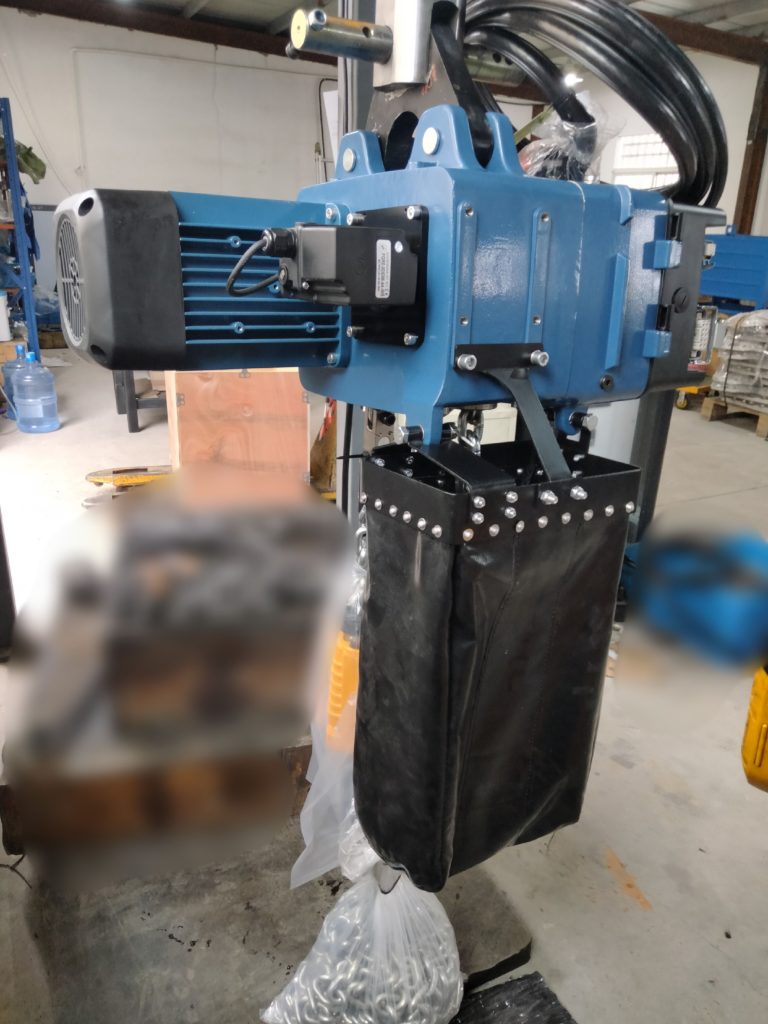
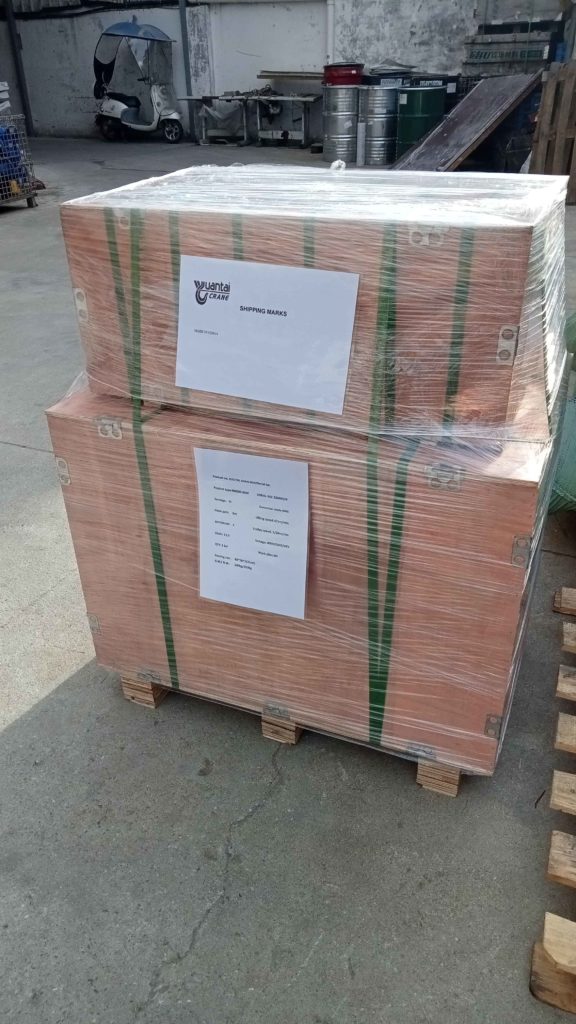
Maintaining Your 5 Ton Chain Hoist for Optimal Performance
Regular maintenance is essential for maximizing the lifespan and safety of your chain hoist. Here are some key maintenance practices:
• Visual Inspection: Regularly check for signs of wear and tear on the chain, hooks, and other components.
• Lubrication: Lubricate the chain and other moving parts according to the manufacturer’s recommendations.
• Functional Testing: Periodically test the hoist’s load capacity and braking system.
• Record Keeping: Maintain detailed records of inspections, maintenance performed, and any repairs.
